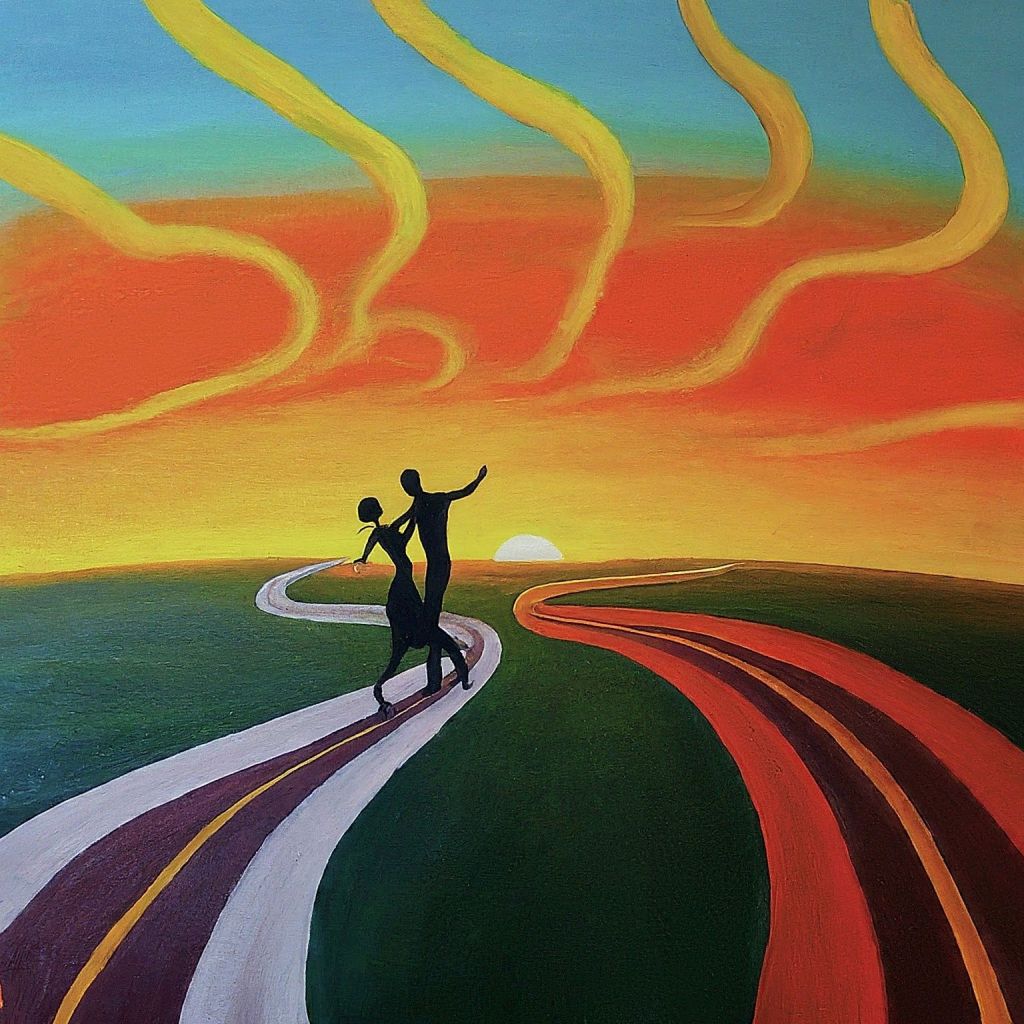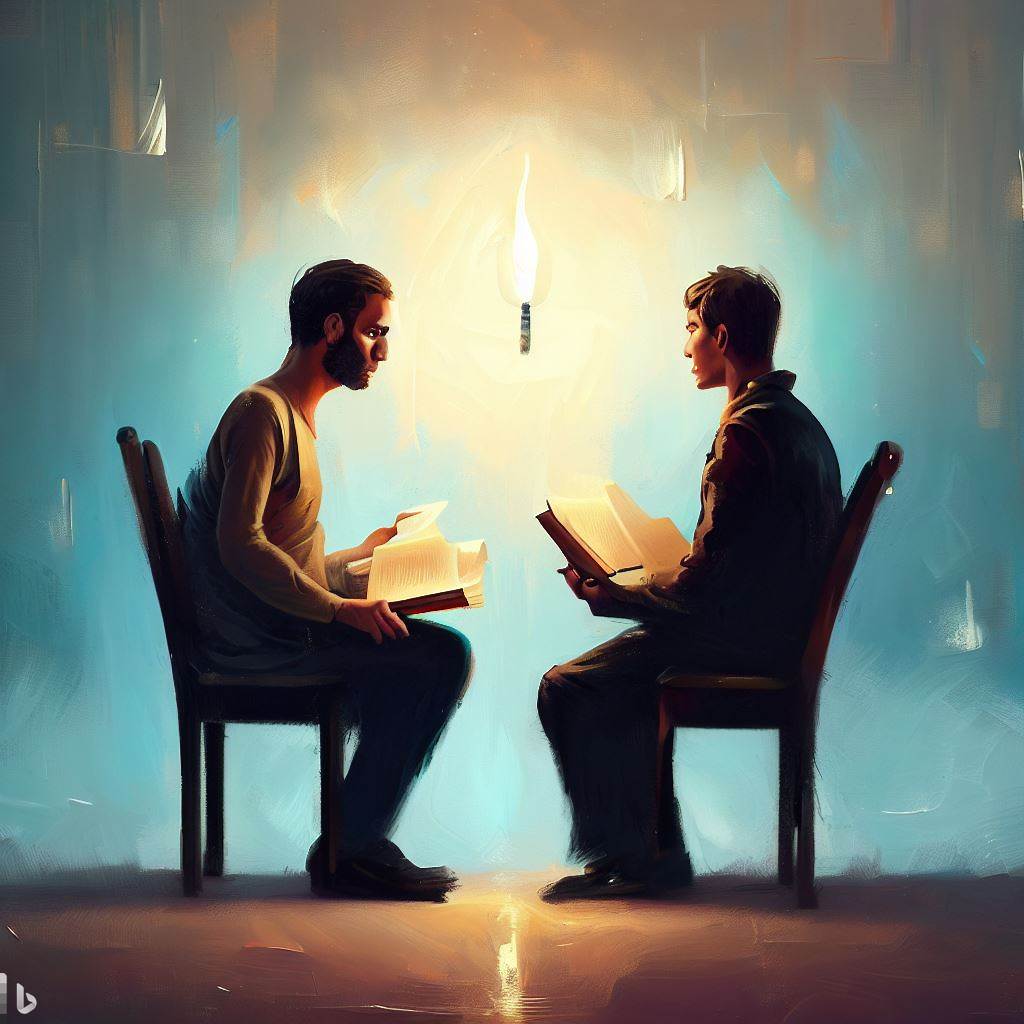Are you patriotic? What does being patriotic mean to you?
Patriotism, at its core, is the expression of devotion and vigorous support for one’s country. It’s a sentiment that arises when we attach our identity and ego to a geographical or cultural group. This attachment can foster a powerful sense of belonging and unity, strengthening the collective spirit of a nation. Yet, as with any form of group identity, patriotism carries a caveat: it can sometimes blind us to our shared humanity and the moral compass that guides us as individuals.

When patriotism becomes exclusionary, it risks alienating those who are perceived as different or foreign. It can create an “us versus them” mentality, where the “other” is targeted or marginalized. This is where the concept of patriotism must be carefully examined. True patriotism should never overshadow our responsibility to uphold the rights of the individual, nor should it compromise our inner sense of what is right.
To explore this further, I find it helpful to draw on Rudolf Steiner’s ideas about the individual, group identity, and karma. Steiner, a philosopher and spiritual thinker, believed that each individual has a unique karmic responsibility to evolve and grow. This evolution isn’t just a personal journey; it’s deeply intertwined with the groups we identify with—whether that’s a nation, a language, or a cultural community. By associating with a group, we become co-responsible for its actions and its collective karma.
But what does this mean in practical terms? Let’s break it down.
Karma, in simple terms, is the idea that our actions have consequences—not just for ourselves, but for the world around us. When we identify with a group, we inherit a share of its collective karma. This means that the actions of the group, both positive and negative, become part of our own karmic journey. For example, if we identify with a nation that commits acts of injustice, we share in the responsibility to address those wrongs. Conversely, if we contribute to the betterment of that group, we help to uplift its collective karma.
This idea of collective karma challenges us to think beyond blind patriotism. It asks us to consider how our individual actions can influence the groups we belong to. Are we contributing to the group’s growth and evolution, or are we perpetuating its flaws? As Steiner suggests, our responsibility isn’t just to ourselves—it’s to the collective humanity we are part of.
This brings me to the heart of the matter: patriotism, while meaningful, can never take precedence over my inner moral compass. My devotion to my country must always be tempered by my commitment to what is right and just. If patriotism becomes a shield for injustice or exclusion, it loses its value. Instead, patriotism should inspire us to work toward the betterment of our nation and, by extension, humanity as a whole.
Steiner’s concept of karma also reminds us that we are not bound by the groups we are born into. While we may inherit certain identities—such as nationality or language—we have the freedom to choose how we engage with them. We can decide whether to identify with a group, and how to influence its collective karma. But there’s one identity we cannot escape: our humanity. We are all part of the human family, and the collective karma of humanity is something we all share.
In this light, patriotism becomes a tool for collective evolution. It’s not about blind loyalty or exclusion; it’s about using our individual actions to positively impact the groups we identify with. By doing so, we address not only our personal karma but also the collective karma of our nation and, ultimately, humanity.
So, do I see myself as patriotic? Yes, but with a caveat. My patriotism is rooted in a deep sense of responsibility—to my country, to the individuals within it, and to humanity as a whole. It’s a patriotism that seeks to uplift, to heal, and to evolve. It’s a patriotism that recognizes the interconnectedness of all people and the shared karma we carry.
In the end, patriotism is just one layer of a much larger picture. It’s through our individual actions and our group identities that we evolve as a species. And it’s by honoring our common humanity that we can truly create a world worth being patriotic for.


